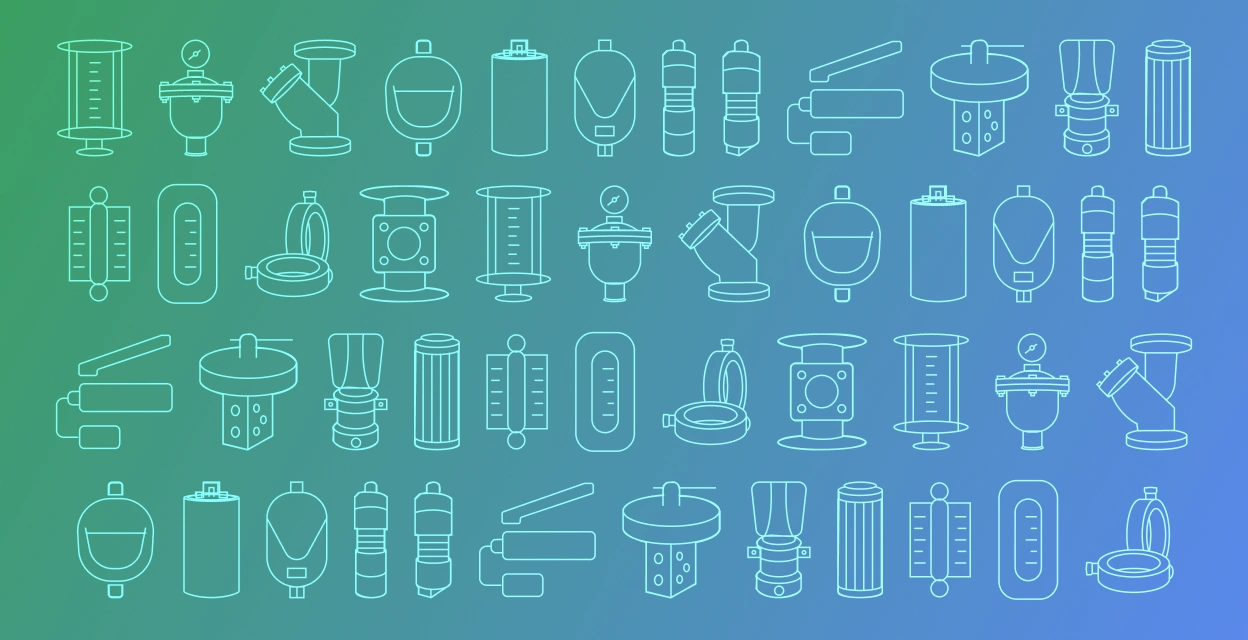Chemical Injection Systems in Energy Projects: Innovations and Applications
As the energy sector continues to evolve, chemical injection systems are becoming increasingly vital in optimizing production processes and enhancing operational efficiency. These systems play a crucial role in applications ranging from flow assurance to corrosion prevention in oil and gas operations. This article explores the latest advancements in chemical injection systems and their applications, highlighting how these innovations can benefit energy projects.
Understanding Chemical Injection Systems
Chemical injection systems are designed to introduce specialized chemicals into oil and gas flow streams or reservoirs to perform specific functions. These systems are essential for improving production efficiency, reducing equipment wear, and mitigating operational challenges. By injecting chemicals such as corrosion inhibitors, demulsifiers, and scale inhibitors, operators can enhance system performance and ensure equipment longevity.
Recent Innovations in Chemical Injection Systems
- Smart Chemical Injection Technology: Integration of smart sensors and data analytics enables real-time monitoring and automatic adjustment of chemical dosing based on actual flow conditions. This innovation improves efficiency, reduces chemical waste, and lowers operational costs.
- Modular Chemical Injection Packages: Modular designs allow for easy customization, scalability, and seamless integration into existing infrastructure. These systems simplify maintenance, reduce installation time, and enhance operational flexibility.
- Enhanced Safety Features: Advanced safety mechanisms, including double-diaphragm pumps and leak detection systems, minimize chemical spill risks, protect personnel, and ensure compliance with environmental regulations.
- Eco-Friendly Chemical Solutions: Biodegradable and low-toxicity chemicals are being developed to reduce environmental impact while maintaining effectiveness, aligning with regulatory standards and sustainability goals.
- Advanced Metering Technologies: Innovations like variable eccentric drives and dynamic stiffness diaphragm pumps improve dosing accuracy and reliability, ensuring optimal chemical injection rates and minimizing operational disruptions.
Applications of Chemical Injection Systems in Energy Projects
- Flow Assurance: Inhibitors prevent hydrate, wax, and scale formation, avoiding blockages and ensuring uninterrupted production, particularly in offshore operations.
- Enhanced Oil Recovery (EOR): Surfactants and polymers are injected to increase reservoir fluid viscosity, improving oil displacement and overall recovery rates.
- Corrosion Prevention: Corrosion inhibitors protect pipelines and equipment from deterioration, extending lifespan and reducing maintenance costs.
- Produced Water Treatment: Demulsifiers and flocculants enhance oil-water-solid separation efficiency, ensuring compliance with environmental discharge standards.
- Chemical Cleaning: Periodic chemical cleaning of production systems removes deposits and fouling, improving flow rates and maintaining system performance.
Conclusion
The future of chemical injection systems in the energy sector is bright, with continuous innovations enhancing both effectiveness and versatility. By investing in advanced chemical injection technologies, energy operators can optimize production processes, reduce operational costs, improve safety, and contribute to a more sustainable energy future. Petronash continues to lead the way by providing cutting-edge chemical injection solutions tailored for modern energy projects.
 Back To Blogs
Back To Blogs
